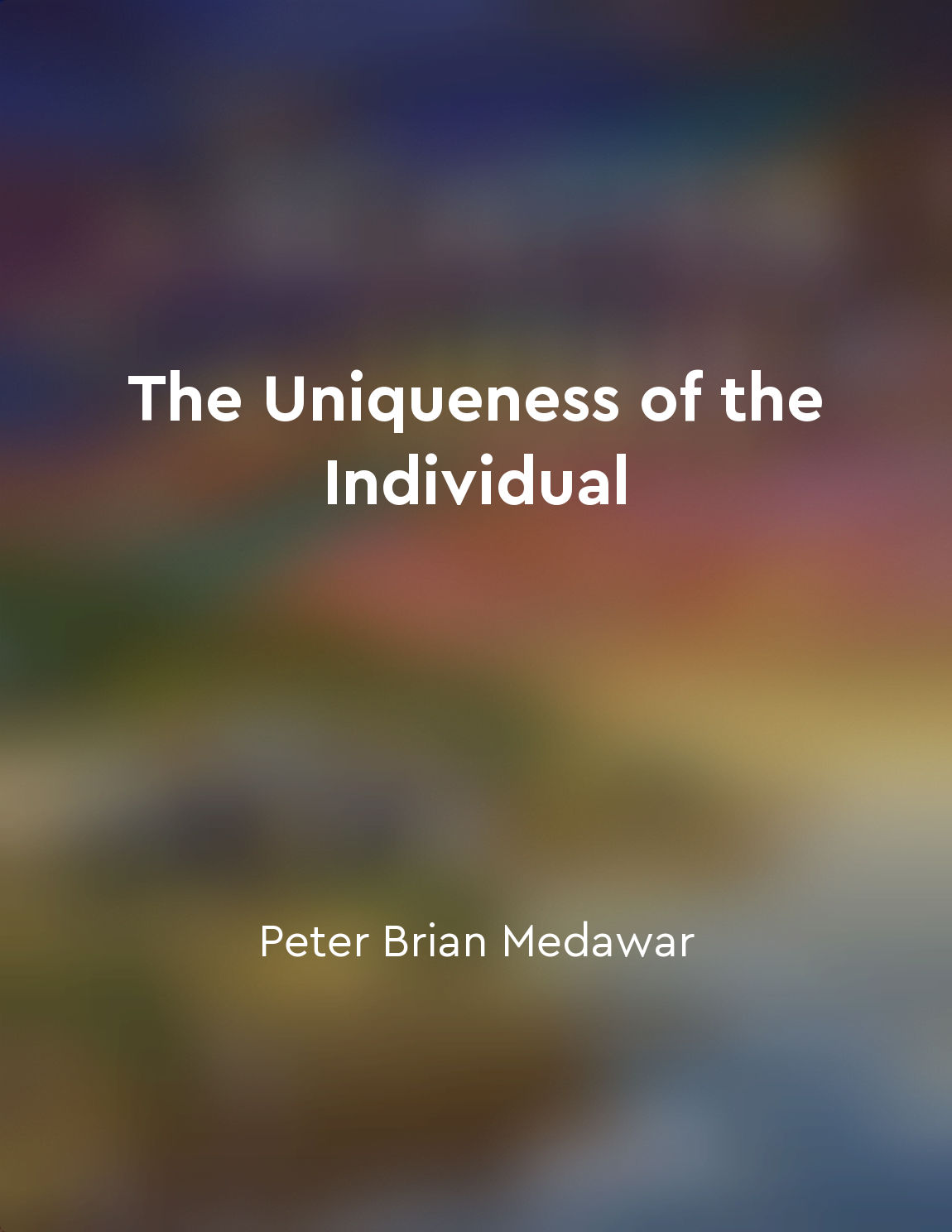Primary goods from "summary" of A Theory of Justice, Revised Edition by John Rawls,Professor John Rawls
The concept of primary goods is central to understanding justice as fairness. These goods are the basic means necessary for individuals to pursue their own conception of the good and to participate fully in society. Primary goods include rights and liberties, opportunities and powers, income and wealth, and the social bases of self-respect. Rights and liberties are essential for individuals to exercise their moral powers and to make choices about their lives. These include political rights and freedoms, as well as freedom of speech, association, and conscience. Without these basic rights, individuals would be unable to pursue their interests and to develop their potential as human beings. Opportunities and powers refer to the social and economic conditions that enable individuals to achieve their goals and to participate in society. These include access to education, employment, and healthcare, as well as the ability to influence political decisions and to shape the social order. Without these opportunities, individuals would be unable to overcome barriers to success and to fully engage as citizens. Income and wealth are necessary for individuals to meet their basic needs and to live a decent life. This includes access to material resources, such as food, shelter, and clothing, as well as the ability to provide for oneself and one's family. Without sufficient income and wealth, individuals would be unable to support themselves and to contribute to the common good. The social bases of self-respect are crucial for individuals to maintain their sense of dignity and worth. These include social recognition, esteem, and honor, as well as the ability to participate in public life and to interact with others on equal terms. Without these social bases, individuals would be unable to develop a positive self-image and to engage in meaningful relationships with others.- The concept of primary goods provides a framework for understanding the basic requirements of justice and for evaluating social institutions and policies. By focusing on the fundamental needs and capabilities of individuals, we can strive to create a more just and equitable society for all.
Similar Posts

Social inequality persisted despite overall prosperity
Although the postwar period has seen unprecedented economic growth and prosperity, it is important to acknowledge that this new...
The sovereign is responsible for protecting the commonwealth
In a commonwealth, the sovereign holds the ultimate responsibility for the protection and preservation of the state. This duty ...

Embracing individual uniqueness cultivates a sense of belonging
The idea that embracing individual uniqueness can foster a feeling of belonging is a central theme in "The Uniqueness of the In...
Chief Minister
The Chief Minister is the head of the state government in India. The Chief Minister is appointed by the Governor of the state a...

The future of Homo sapiens is uncertain
The future of Homo sapiens is a topic of great uncertainty. As we look ahead, we can see various possibilities that could shape...
The cycle of extractive institutions perpetuates poverty
The vicious cycle of extractive institutions perpetuating poverty is a central theme in understanding why some nations fail to ...
Individual interests must align with the common good
In a well-ordered society, the interests of the individual must necessarily align with the common good. This harmony between pe...
Learning from the past is crucial
Reflecting on history is essential for preparing for the future. By examining the successes and failures of the past, we gain v...

Legal development is intertwined with societal history
The evolution of laws within a society is a reflection of the society's history and development over time. Legal systems do not...
The state should prioritize the common good
The duty of the state, as we have established, is to focus on the well-being of the community as a whole. This means that the n...

